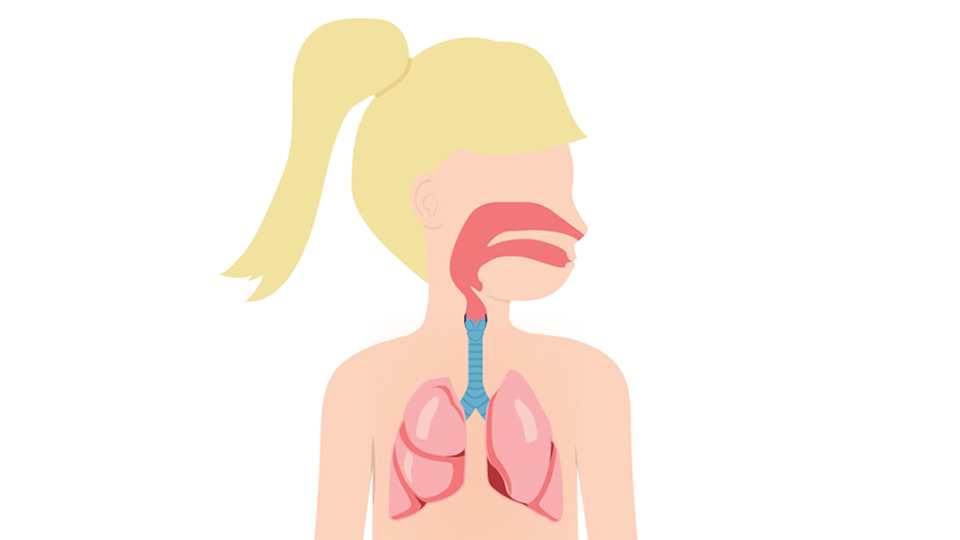
Asthma is one of the most common chronic diseases of childhood. While most children achieve asthma control, some develop severe and persistent disease that cannot be controlled with standard treatment options. Evolution in our understanding of asthma biology has led to the development of novel targeted therapies that target the underlying mechanisms of disease, several of which are now available for pediatric patients. This interactive activity combines artistic design, infographic presentation, and scientific expertise to deliver the latest advances in treatment of pediatric asthma, including current treatment guidelines, identifying poorly-controlled disease, and incorporating novel biologic therapy into the management of pediatric patients with asthma.
Upon completion of this activity, participants should be better able to:

Co-Director, The Cohen Family Asthma Institute
Professor, Department of Medicine
Division of Pulmonary, Critical Care and Sleep Medicine
National Jewish Health
Denver, CO
Featured RMEI CE Activities – Earn CE Credit(s)
Stay up to date with the latest RMEI CE Activities and receive Exclusive Medical Education Resources